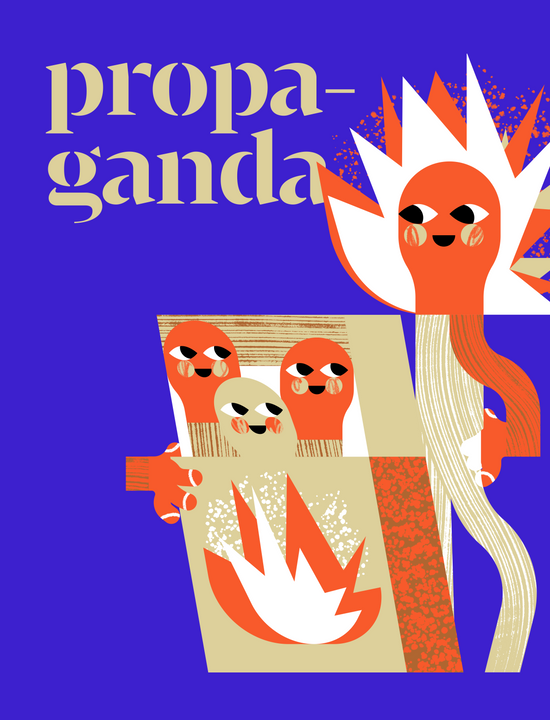4 ways language makes a difference
Glittering generalities
Glittering generalities are vague words or expressions that everyone associates with something positive, but that no one really knows the definition or content of. Because there is no clear standard, the users of these words cannot be blamed when it turns out the audience interpreted them differently.
